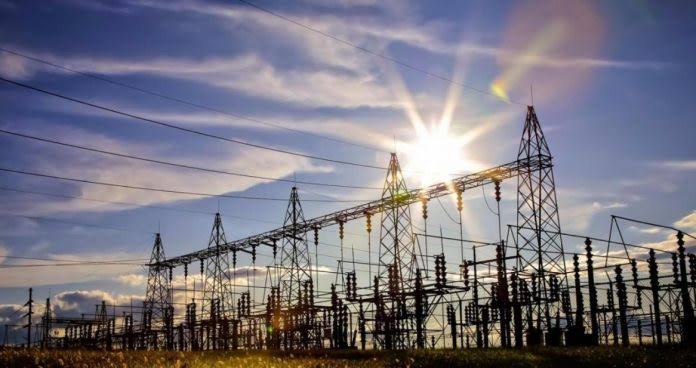Federal Minister Gohar Ejaz has disclosed data from the National Electric Power Regulatory Authority (NEPRA) showing that from January to March 2024, Rs. 150 billion was paid each month in capacity charges to Independent Power Producers (IPPs).
Ejaz pointed out that many of these companies operated at less than 10% of their capacity, with some receiving Rs. 10 billion each month even though they did not generate any electricity.
He criticized the current system for allowing substantial payments to be made under the guise of capacity charges, urging the government to avoid conducting business at the public’s expense.
In response to this revelation, Karachi’s business community has expressed concerns over the high cost of electricity and capacity charges. The Korangi Association of Industries has called for a forensic audit of the IPPs.
The association’s President, Johar Kandhari, noted that despite the IPPs not producing electricity, they receive significant payments each month. He emphasized that these high costs are detrimental to both industry and everyday life.
Kandhari also compared Pakistan’s electricity costs with those of other countries, pointing out that Pakistan’s rates are much higher. He stressed that the high cost of electricity is harming both businesses and ordinary citizens.
Kandhari urged the government to prioritize the needs of the general population over the interests of a few families who benefit from the current system.
Ejaz’s disclosure and the subsequent concerns raised by the business community highlight a significant issue within Pakistan’s electricity sector. The high capacity charges paid to IPPs, despite their minimal production, raise questions about the efficiency and fairness of the current system.
The call for a forensic audit reflects a growing demand for transparency and accountability in how electricity costs are managed and billed in Pakistan.
The situation underscores the need for a thorough review and possible reform of the system to ensure that electricity costs are fair and justifiable. By addressing these issues, the government can help to reduce the financial burden on both businesses and the general population, promoting a more sustainable and equitable energy sector.


